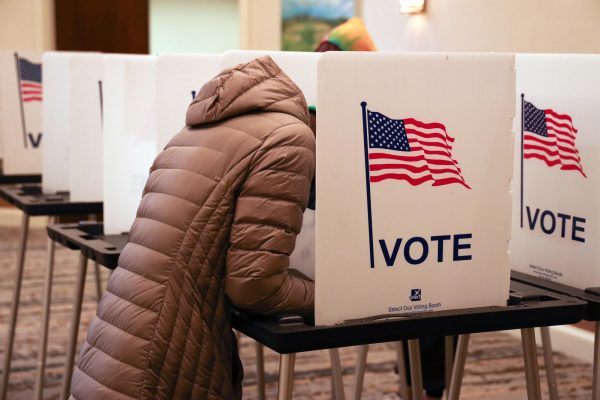In Wisconsin, some cuts to police predate calls for defunding
EDITOR’S NOTE: This article is provided to Wisconsin Newspaper Association members
September 5, 2021
In recent years, police budgets have faced heightened public scrutiny — a trend that only intensified after the murder of George Floyd in Minneapolis in May 2020. This has included a push by some activists to “defund” local police departments.
Recently, legislation in Wisconsin — which passed the Legislature but was vetoed by Gov. Tony Evers — would have penalized municipal governments for reducing police budgets.
In reviewing municipal spending, the Wisconsin Policy Forum found communities throughout the state have reduced police spending or staffing for reasons that may have had more to do with their finances than calls for reform.
Looking at updated figures from 2018 and 2019 — the most recent years of data available — we find more than 250 municipalities statewide decreased their police spending between those two years, even amid a period of strong economic growth. This includes large cities (Milwaukee, Green Bay), suburbs (Bayside, Grafton, Stoughton, Verona), and a number of very small communities, including 144 municipalities with fewer than 2,000 residents.
Also from 2018 to 2019, 79 Wisconsin police departments reported increasing their sworn officers, while 59 decreased them, and the rest remained the same.
Wisconsin municipalities also have operated under strict property tax limits for more than a decade and aid from the state also has declined as a share of overall municipal revenue. These constraints on the growth of property taxes and state aid likely have contributed to the difficulties faced by municipalities in maintaining police department budgets and staffing.
Previous Forum research noted that as municipal budgets have tightened for various reasons, local officials have attempted to shield police departments from cuts. As a result, those departments now take up a larger share of municipal budgets than a generation ago.
The Forum does not take a position on the proposed state policies or on the level of local police spending. Yet understanding what is happening with each of them is valuable for all in the continuing debate about how best to police our communities and fund the departments that do so.
Even in good economic times, hundreds of town, village, and city governments throughout Wisconsin decreased their police and fire department spending in the year preceding the George Floyd incident and police reform protests. That suggests these actions may be less about a deliberate attempt to “defund police” and more about confronting challenging fiscal realities.
This information is provided to Wisconsin Newspaper Association members as a service of the Wisconsin Policy Forum, the state’s leading resource for nonpartisan state and local government research and civic education. Learn more at wispolicyforum.org.





















